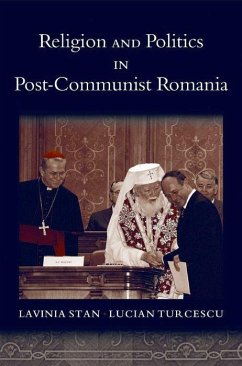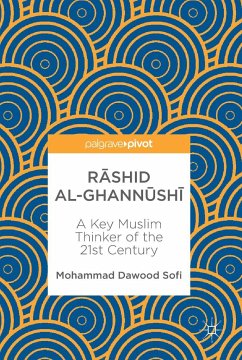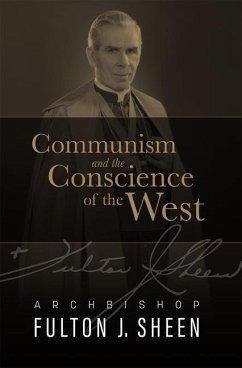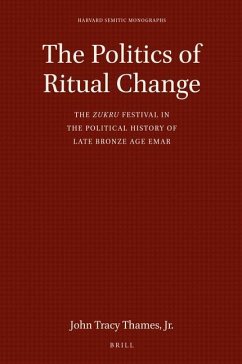Nicht lieferbar
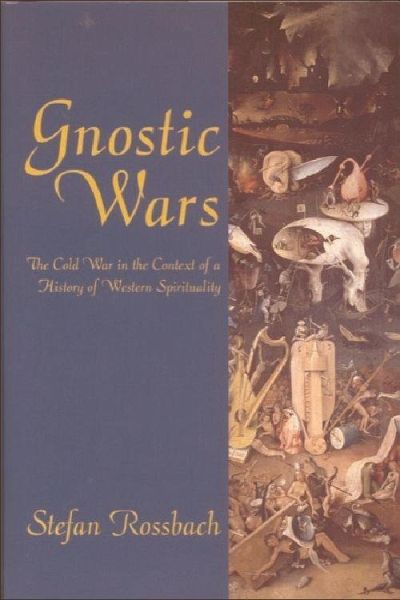
Gnostic Wars
The Cold War in the Context of a History of Western Spirituality
Versandkostenfrei!
Nicht lieferbar
Beginning with the "Gnostic" systems of late Antiquity, the analysis follows "lines of meaning" which extend, through the millenarianism of the late Middle Ages and the Hermeticism and "Christian Cabala" of the Renaissance, right up to the present. From the long-term perspective which is thereby established, the spectre of a man-made nuclear apocalypse appears as the latest and most dramatic expression of an outlook on the human condition which refuses to accept limits in the imposition of human designs on the world. The concluding discussion of the paradoxical continuities that underlie the sense of epoch evoked by the end of the Cold War highlights this work's implications for our understanding of contemporary international politics.
This is a highly original, philosophically and historically informed account of the Cold War, revealing a surprising underlying spiritual dimension. Stefan Rossbach argues convincingly that, throughout history, breakdowns in order have led to interpretations of humanity which declare the absence of meaning and order a permanent feature of cosmic existence. Such interpretations can be understood as Gnostic spirituality -- often expressed in the belief that beyond this world there is a pre-cosmic world of light in which humans are meant to exist. Moving from Plato and St. Augustine through Machiavelli to Kennan, and to recent experiences of the Cold War, Stefan Rossbach shows how revivals of Gnosticism have paradoxically inspired concrete political attempts at restructuring throughout the ages. This is an important historical analysis of human conceptions of social, political and spiritual 'order' with profound implications for our understanding of contemporary international relations.







